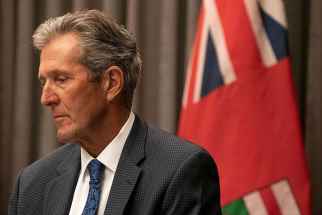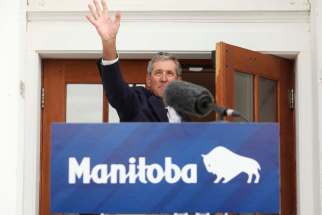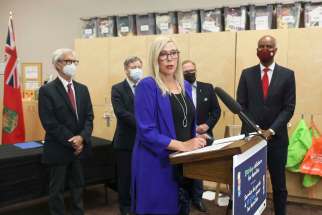Pallister legacy as premier makes lasting impact for critics, supporters
Read this article for free:
or
Already have an account? Log in here »
To continue reading, please subscribe:
Monthly Digital Subscription
$0 for the first 4 weeks*
- Enjoy unlimited reading on winnipegfreepress.com
- Read the E-Edition, our digital replica newspaper
- Access News Break, our award-winning app
- Play interactive puzzles
*No charge for 4 weeks then price increases to the regular rate of $19.00 plus GST every four weeks. Offer available to new and qualified returning subscribers only. Cancel any time.
Monthly Digital Subscription
$4.75/week*
- Enjoy unlimited reading on winnipegfreepress.com
- Read the E-Edition, our digital replica newspaper
- Access News Break, our award-winning app
- Play interactive puzzles
*Billed as $19 plus GST every four weeks. Cancel any time.
To continue reading, please subscribe:
Add Free Press access to your Brandon Sun subscription for only an additional
$1 for the first 4 weeks*
*Your next subscription payment will increase by $1.00 and you will be charged $16.99 plus GST for four weeks. After four weeks, your payment will increase to $23.99 plus GST every four weeks.
Read unlimited articles for free today:
or
Already have an account? Log in here »
Hey there, time traveller!
This article was published 11/08/2021 (1580 days ago), so information in it may no longer be current.
Despite leading two of the largest majority governments in Manitoba history, Premier Brian Pallister saw the Progressive Conservative party’s popularity plummet this year before he announced plans to step aside.
Following Tuesday’s news, the premier shared a statement that listed his government’s key achievements, which include balancing the province’s budget for the first time in 11 years, “lowering the tax burden,” and positioning Manitoba to recover from the economic blows of COVID-19.
However, other views of his legacy are far more varied. Some say his “divisive” leadership style hurt relationships; others claim his austere policies sparked chaos for social services.
Free Press reporters sought out members of several key groups for their views on how Pallister’s five years as premier will be remembered.
Business
Pallister often used his own experience as a small-business owner to illustrate how much the community meant to him. In the end, however, provincial business leaders are left with mixed feelings.
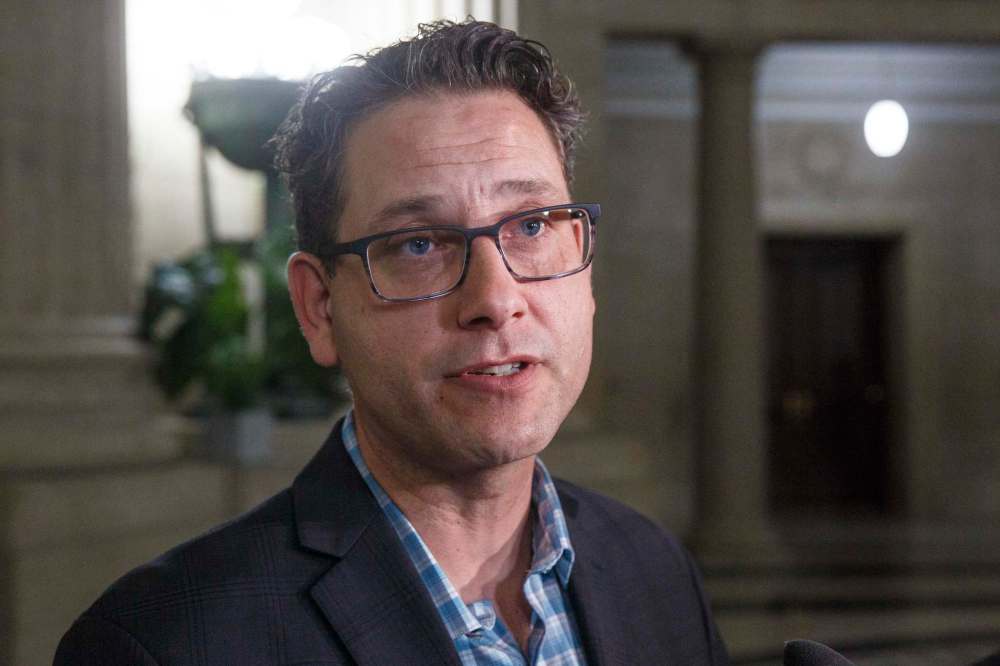
Loren Remillard, president of the Winnipeg Chamber of Commerce, said he enjoyed a great working relationship with the premier.
“Whenever we needed government to pick up the phone, the premier and his cabinet members always did so,” he said. “We had frank conversations and I believe it was beneficial on both sides.”
However, as the COVID-19 pandemic progressed, that relationship “definitely strained,” said Remillard. “There’s a pressure cooker environment created where our advice to the province in some circles wasn’t received well.”
Kate Fenske, chief executive officer of Downtown Winnipeg Business Improvement Zone, agreed.

“Through the pandemic, I don’t think downtown businesses have felt provincial leadership always had their backs or listened to their concerns,” she said. “Outside of the pandemic, the province’s commitment to key projects like the Bay building, Portage Place and the downtown community safety partnership have been extremely important and we can leverage that support to create new opportunities.”
And there is still time on the clock — Pallister did not specify a date for when he will step aside.
“At the end of the day, he’s still the premier for the next bit,” said Jonathan Alward, Manitoba director for the Canadian Federation of Independent Business. “So, we’d like to see how the community is brought back to normalcy even under the rest of his leadership.”
Health care
Among high-profile moves, Pallister led a major overhaul that reduced the number of Winnipeg hospital emergency departments to three (from six).
Asked about his impact, two union leaders representing health-care workers spoke primarily of cuts made.

“I cannot be kind here. I am hearing from nurses all over this province multiple times a day regarding unsustainable workloads, the amount of mandated overtime, their ability to feel as if they’re providing the care that they believe Manitobans need and deserve,” Manitoba Nurses Union president Darlene Jackson said.
Under Pallister’s leadership, “We moved from a chronic to a critical nursing shortage,” Jackson said. “And so I believe the legacy he’s leaving us is a broken health-care system at this point.”
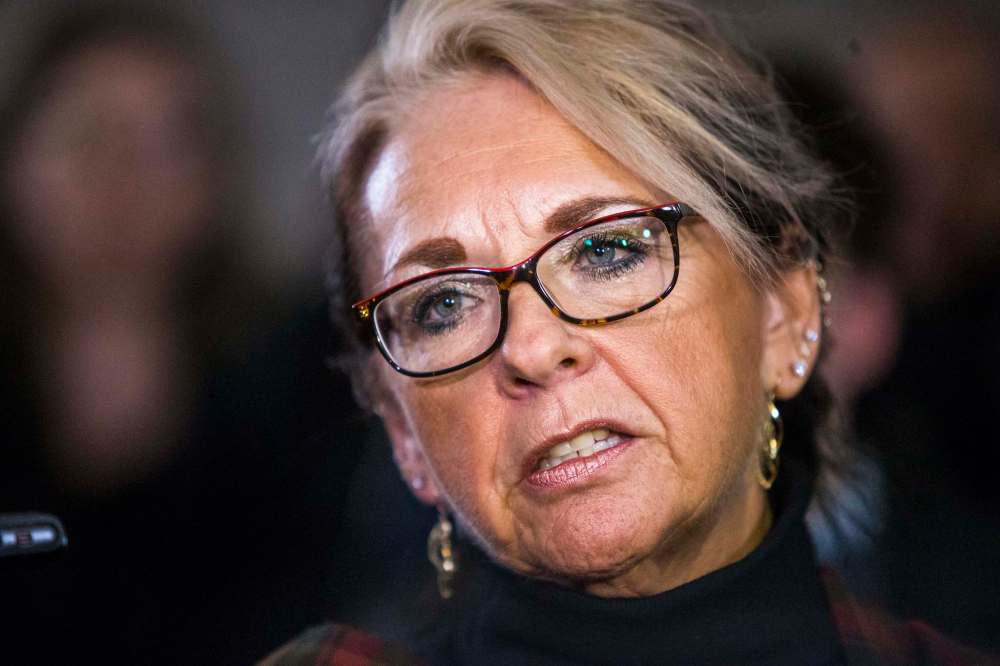
Michelle Gawronsky, president of the Manitoba Government and General Employees’ Union, said widespread cuts have hurt the public sector — particularly closures and reduced hours and staffing in rural Manitoba, in health centres and beyond.
“It not only affects patient care, but it also affects communities. When you lose an ER, you lose a lab, you don’t have the same health-care system in place that is needed as the community, ages, that hurts whole communities,” she said.
“It’s been a very closed-door government… We definitely have not felt heard.”
Education
Principal among the promises made by the premier — who often cites his few years of teaching experience when discussing public school matters — amid his second term in office has been a vow to reform K-12 education.
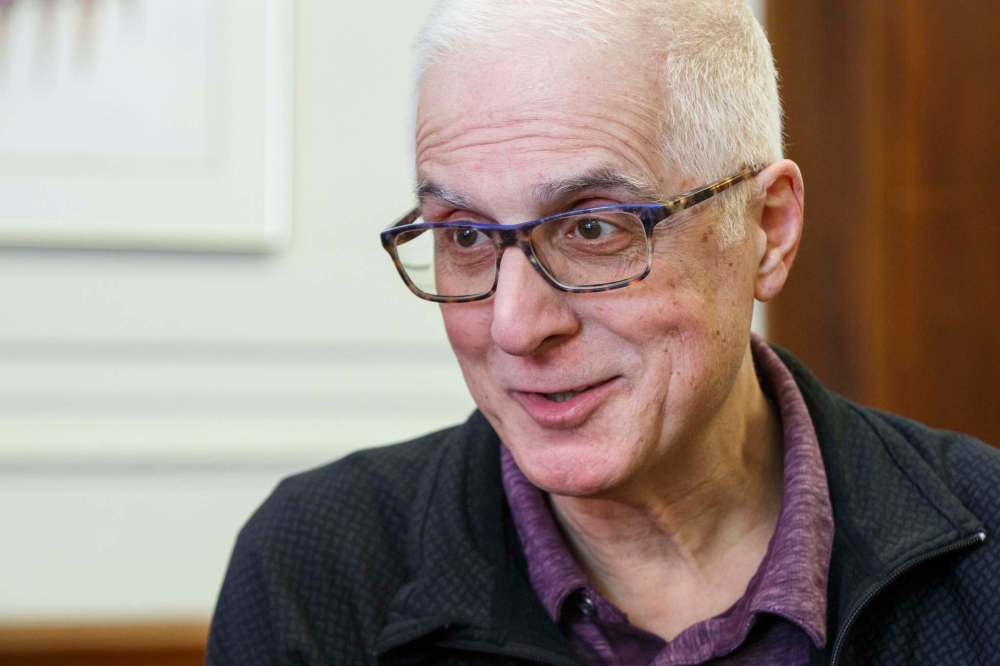
The province completed an overdue education review, the first of its kind in at least a half-century. The commissioners’ findings were to be presented in early 2020, alongside a plan that was expected to downsize the number of elected school boards in Manitoba.
When the report was finally unveiled earlier this year, following a pandemic-related delay, it was largely ignored because the Progressive Conservatives dropped Bill 64 (Education Modernization Act) the same day.
“Bill 64 is the premier. It’s a power grab. He wants to control everything,” said Nello Altomare, NDP education critic, when asked about Pallister’s legacy in the K-12 sector.
The controversial legislation, which differs greatly from the K-12 report, aims to replace English school boards composed of elected trustees with a centralized authority made up of government appointees.
The president of the Manitoba School Boards Association, Alan Campbell, said Pallister’s legacy will be his dismissal of the review findings and “his inexplicable campaign to eliminate democratic accountability in public education.”
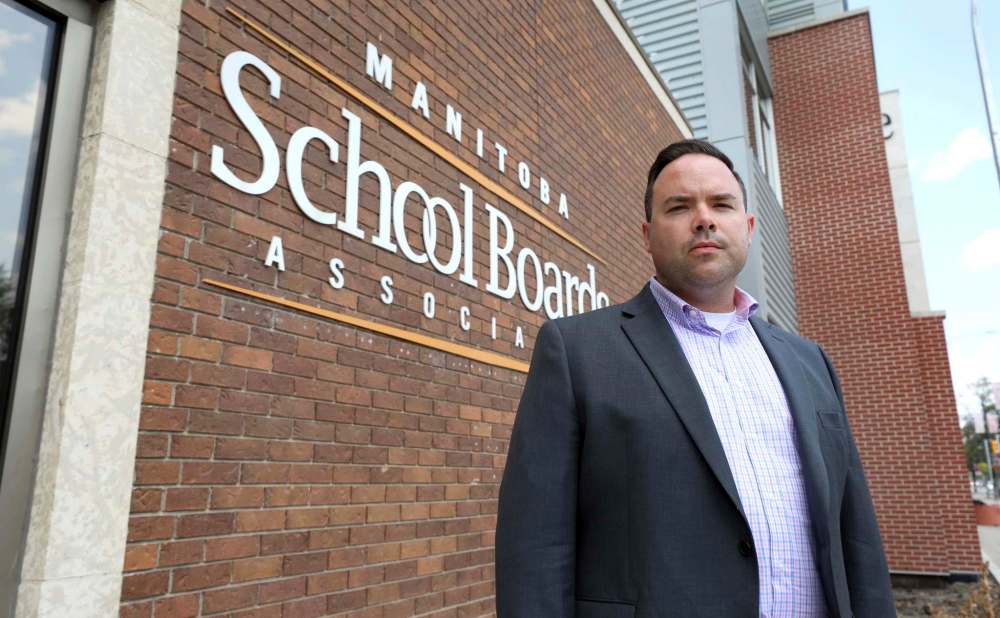
Campbell said trustees will also remember Pallister’s reign as a time when education funding did not keep pace with inflation.
Throughout his time in power, the premier’s public-sector wage freeze legislation and directives to trustees to cap property education tax hikes also caused tensions. As did his inflammatory comments encouraging teachers to spend money out-of-pocket on school supplies and his dismissal of school breakfast programs.
Pallister also made enemies in the post-secondary education sector, as a result of government spending restraint and its proposal to enact performance-based funding for universities.
The last five years have been “dark years,” said Scott Forbes, president of the Manitoba Organization of Faculty Associations.
Finance
Ask anyone in Manitoba, and they will attest to how important fiscal prudence is to Pallister. Yet, despite cutting costs for much of his premiership, not everyone is satisfied with the management of finances.
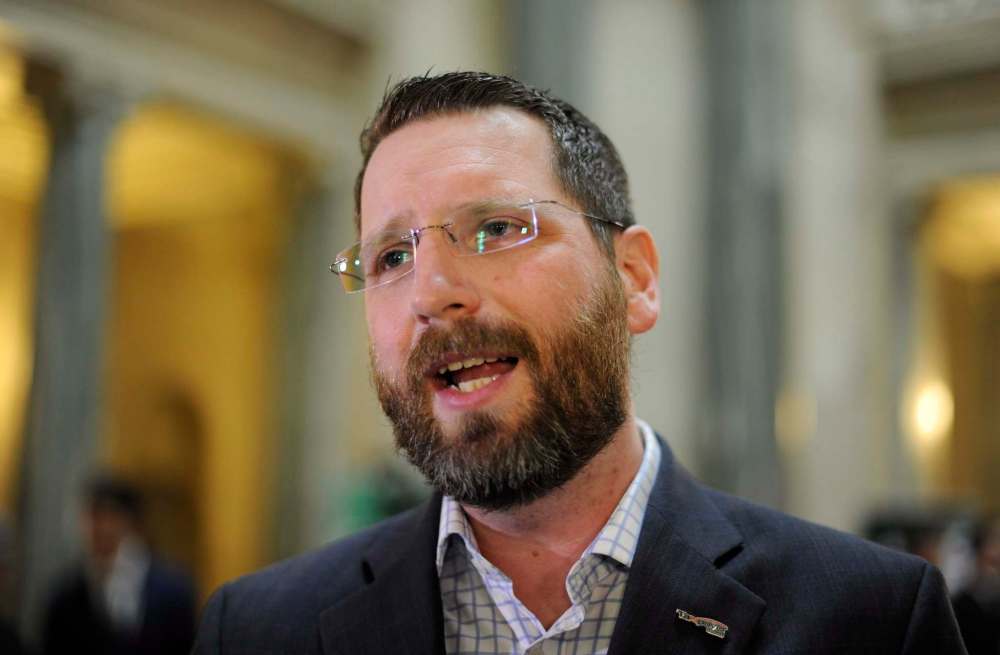
Todd MacKay, Prairie director for the Canadian Taxpayers Federation, said there were some important achievements during Pallister’s term — such as cutting provincial sales taxes, and beginning to phase out education property taxes.
“He made significant progress to get the province’s finances under control,” MacKay said. “Briefly balancing the operational budget was a bright spot, although overall debt continued to rise, especially after the pandemic hit. Debt will be a huge challenge for the next premier.”
MacKay said there were significant slips, too.
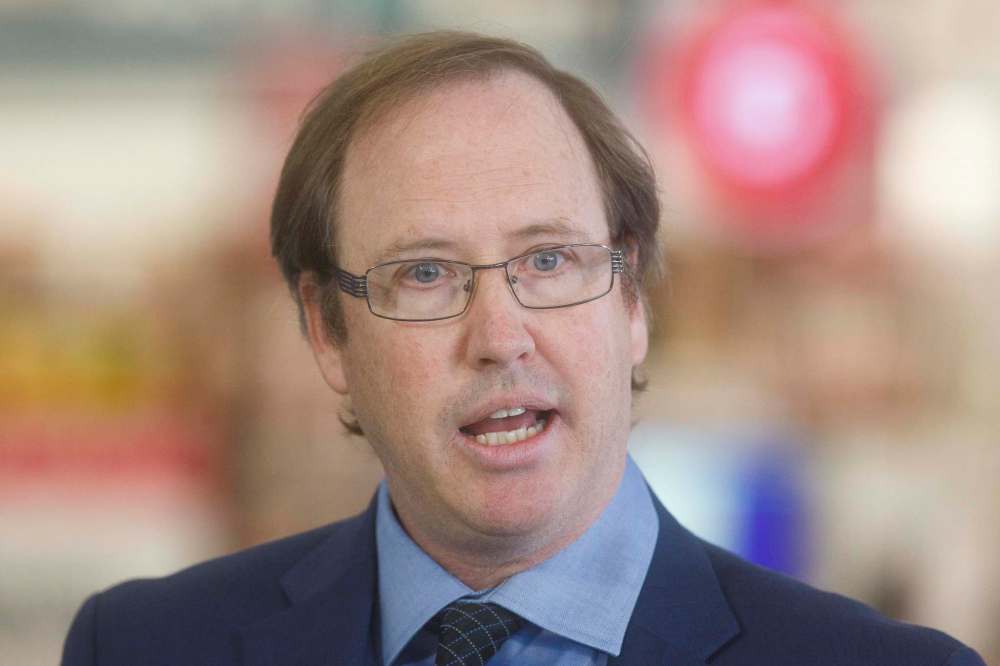
“The low point,” he said, “was that Premier Pallister flip-flopped like a pickerel on a dock when it came to carbon taxes, even after he unequivocally committed to fighting them in the last election.”
John Graham, director of government relations at the Retail Council of Canada, said he’s known Pallister for more than two decades. He believes the premier’s legacy should be about his attention to cutting down red tape, lowering costs and growing the finances of businesses.
“Going back as far as his early days in Portage, his career as a public servant has consistently included a genuine interest in helping the retail sector compete and succeed, that many are grateful for,” Graham said.
Social services

Manitobans working to combat poverty will remember Pallister’s leadership as a time of funding and service cuts.
“What we’ve seen is a legacy of austerity and cutbacks on issues that are important to working people, to low-income people and to all Manitobans,” said Josh Brandon, acting director of the Canadian Centre for Policy Alternatives Manitoba.
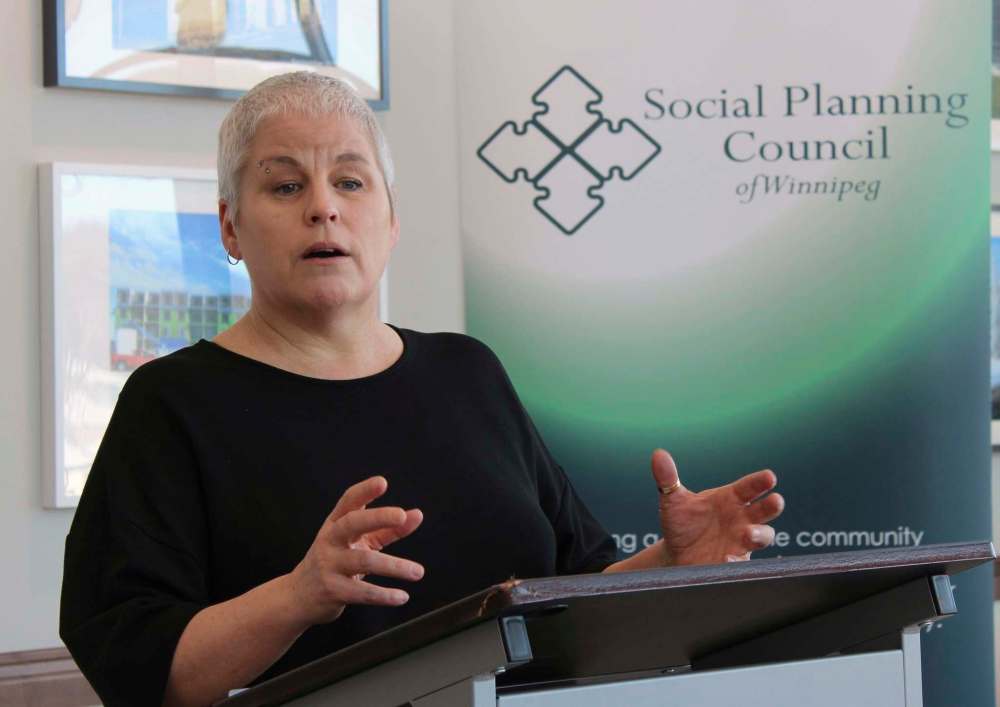
Brandon said Pallister’s focus on tax cuts and debt reduction continued throughout the pandemic, a time when many agreed more government investment was warranted. “The cutbacks and restructuring that we’ve seen in this province over the last five years have left us in a worse position to deal with (current) crises.”
Kate Kehler, executive director of the Social Planning Council of Winnipeg, said many social service agencies were afraid to speak out against the Pallister government, for fear their provincial funding would be cut.
She believes the premier’s legacy features “missed opportunities” to combat child poverty, such as by adding its own supports to boost the federal Canada Child Benefit.
Indigenous communities
Indigenous leaders have described Pallister’s time as first minister as an obstacle to reconciliation, characterized by policy and commentary counter to the priorities of First Nations and Métis peoples.
Southern Chiefs’ Organization Grand Chief Jerry Daniels said the working relationship between First Nations leaders and the Tory premier has been prone to clashes and disagreement.
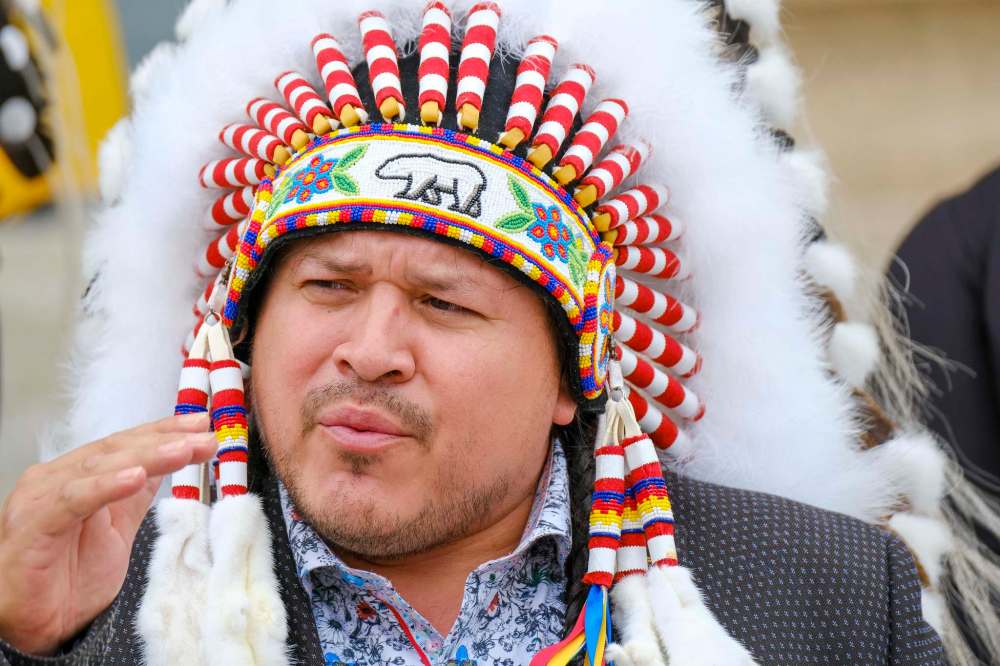
Pallister showed “contempt towards First Nation and Indigenous peoples,” and regularly disrespected constitutional, inherent, and treaty rights, he said.
“What I have always asked of not only Pallister but also his ministers is: how are you improving the quality of life of First Nations? There’s a huge gap there that has been created through policy,” Daniels said.
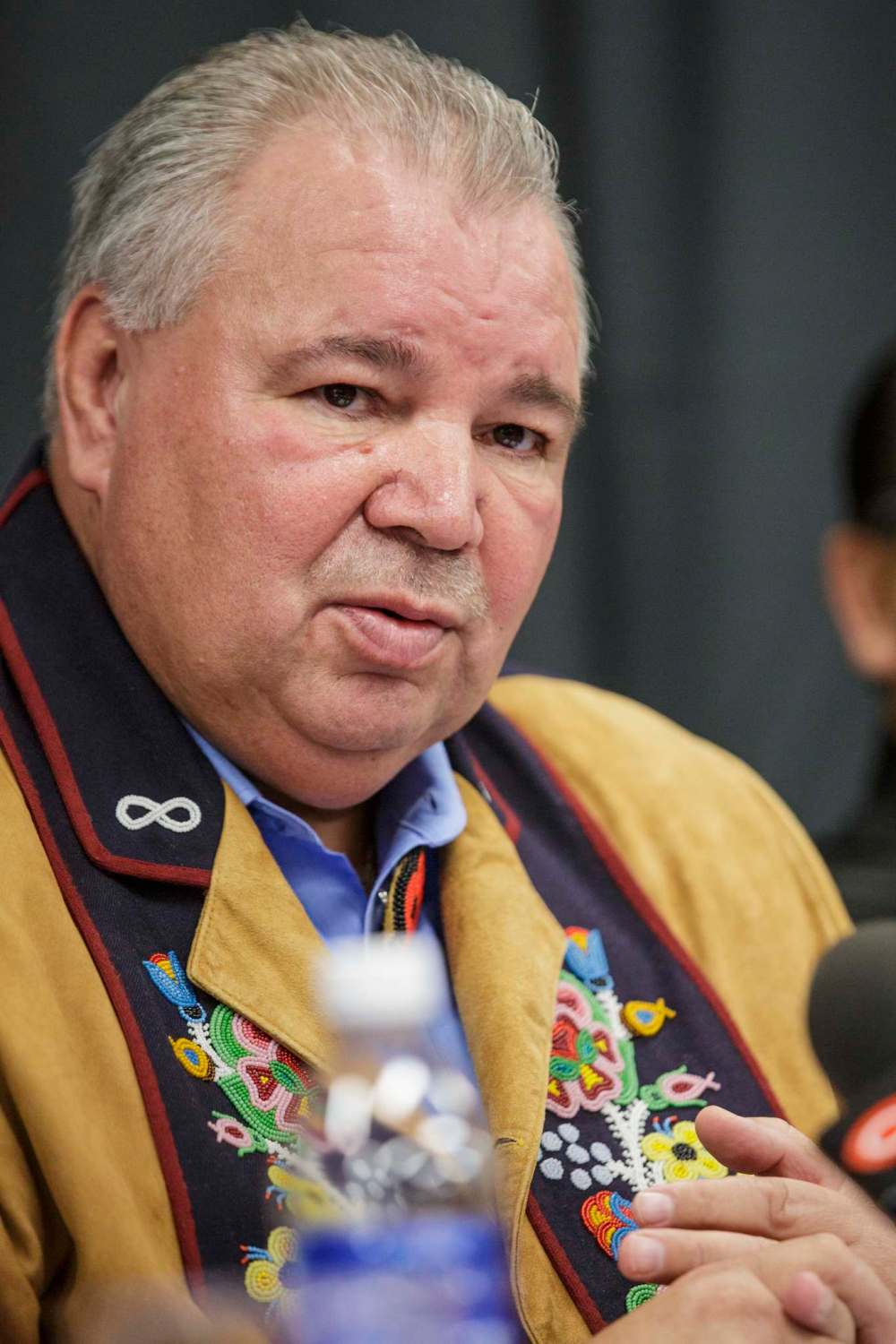
“And what we’ve seen is an attack on not only First Nations economic development, but on jurisdiction as it relates to hunting, as it relates to the development of large mega projects, and really no care for trying to improve First Nations well-being.”
David Chartrand, president of the Manitoba Metis Federation, said he hopes Pallister will make time in his retirement to reflect on the choices of his government and its “hostility.”
“I can cite time after time after time how the Métis was so mistreated by him,” Chartrand said.
A defining moment of Pallister’s tenure will likely be his recent remarks on the history of colonialism and residential schools, Assembly of Manitoba Chiefs Grand Chief Arlen Dumas said.
In July, in response to statues of Queen Victoria and Queen Elizabeth II being toppled on the legislature grounds, Pallister said: “The people who came here to this country before it was a country, and since, didn’t come here to destroy anything. They came here to build.”
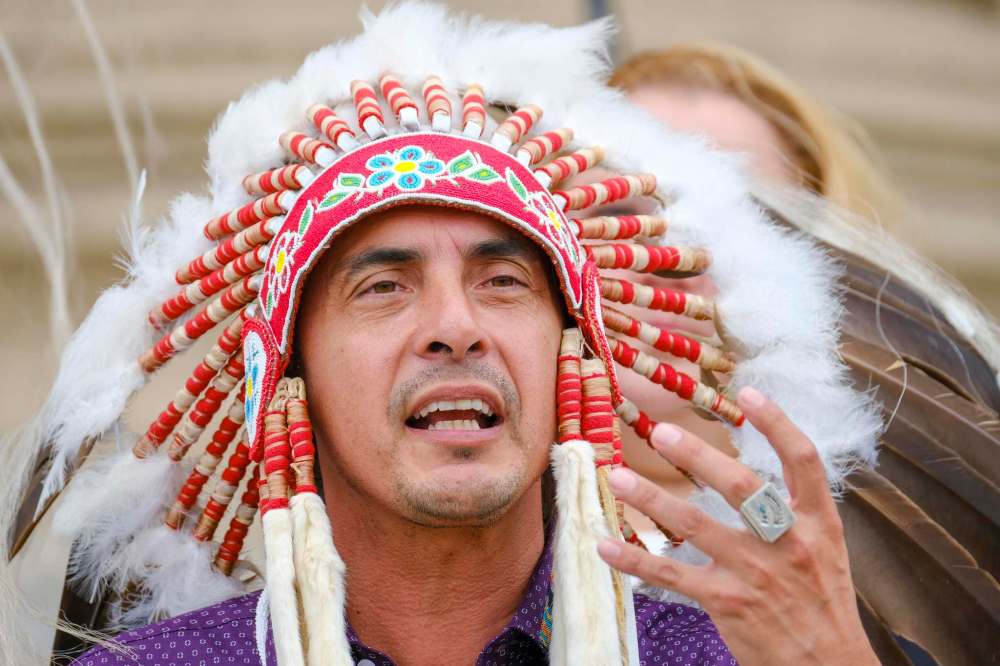
He later apologized that his statement was misunderstood and for the hurt it caused.
“Unfortunately, those will be some of his last statements that will be made,” Dumas said.
Labour relations
The Manitoba director for Canada’s largest private-sector union believes Pallister “was never and will never be remembered as a friend to any union in the province.”
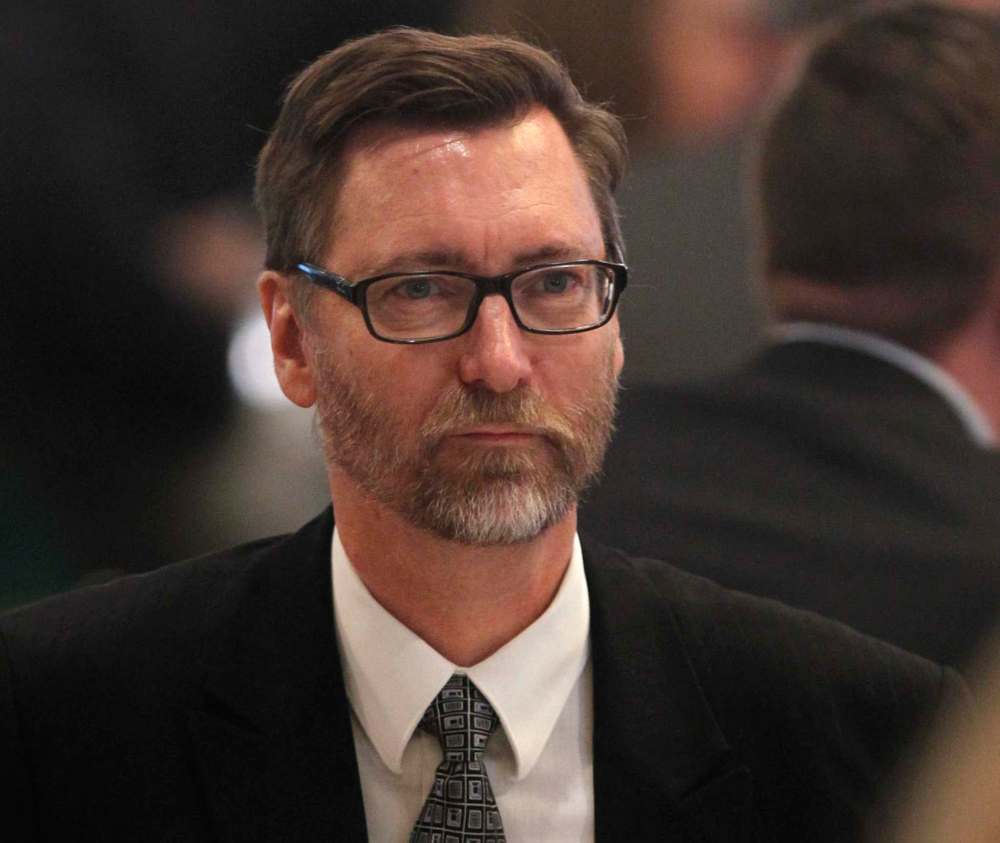
Paul McKie, regional director for Unifor, said there’s been “a special kind of premier” in power since 2016.
“We didn’t enjoy working with him and he made it known how much he detested us and our work,” McKie said. “He was vicious on public services, wages and everything in between. COVID-19 only worsened those concerns.”
Pallister was never shy to take on public-sector unions, either. He implemented a wage freeze and promised to end nearly a decade of deficits by cutting down “red tape.”

Kevin Rebeck, president of the Manitoba Federation of Labour, accused Pallister of “picking fights” with unions and failing to respect collective bargaining rights.
“He illegally froze 120,000 workers’ wages needlessly. We’ve shown that in court, yet those workers today and their families are still suffering from (that policy),” said Rebeck.
Last year, a Manitoba judge threw out provincial legislation designed to freeze public-sector union wages for two years, concluding it violated union rights.
joyanne.pursaga@freepress.mb.ca
temur.durrani@freepress.mb.ca
maggie.macintosh@freepress.mb.ca
katie.may@freepress.mb.ca
danielle.dasilva@freepress.mb.ca

Born and raised in Winnipeg, Joyanne loves to tell the stories of this city, especially when politics is involved. Joyanne became the city hall reporter for the Winnipeg Free Press in early 2020.

Maggie Macintosh reports on education for the Winnipeg Free Press. Funding for the Free Press education reporter comes from the Government of Canada through the Local Journalism Initiative.

Katie May is a general-assignment reporter for the Free Press.

Our newsroom depends on a growing audience of readers to power our journalism. If you are not a paid reader, please consider becoming a subscriber.
Our newsroom depends on its audience of readers to power our journalism. Thank you for your support.
History
Updated on Wednesday, August 11, 2021 7:29 PM CDT: Updates photos


